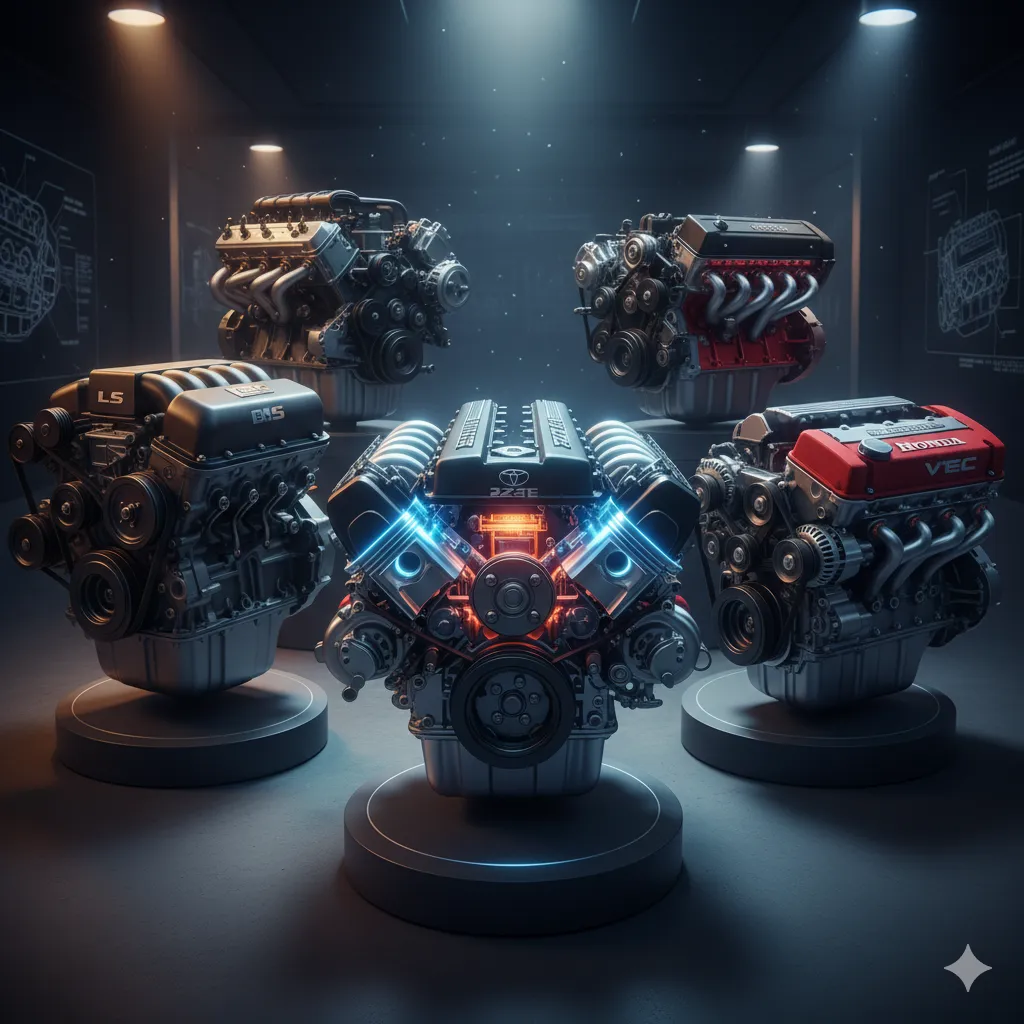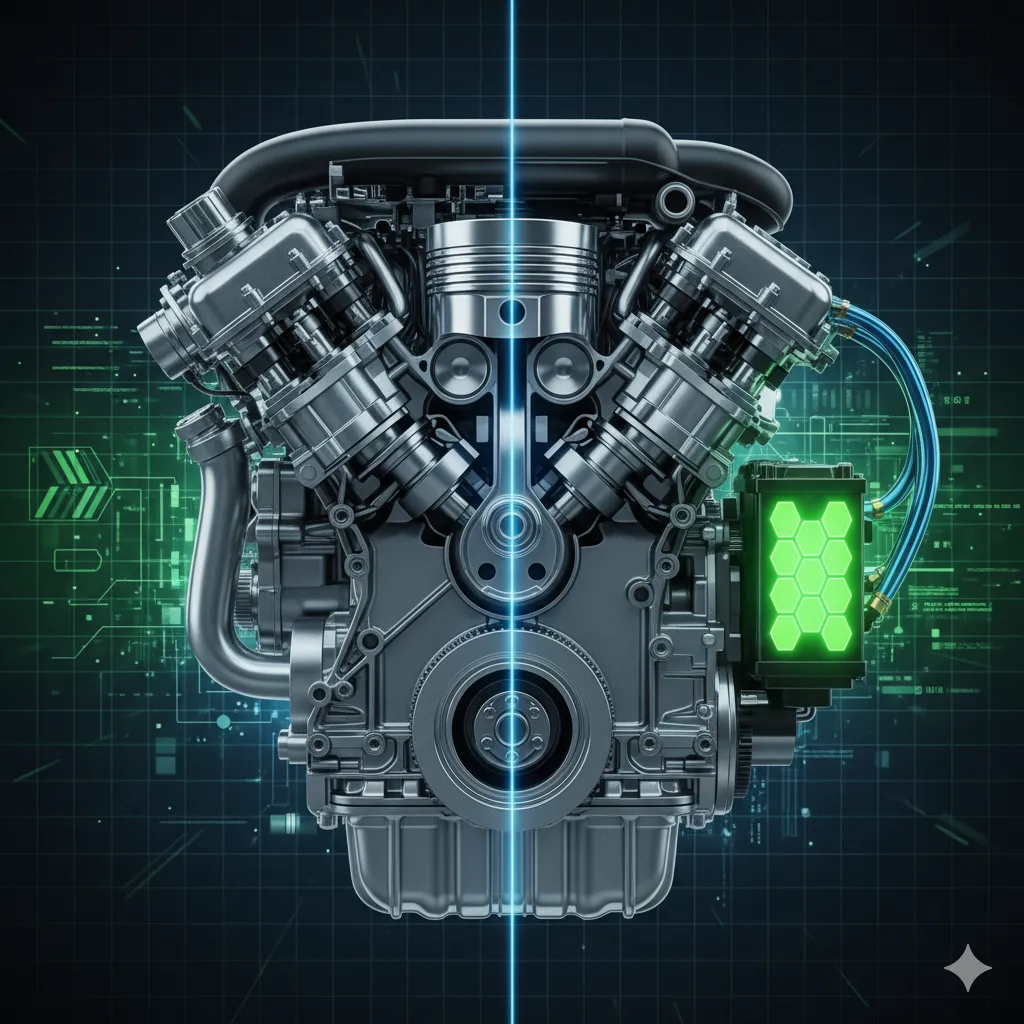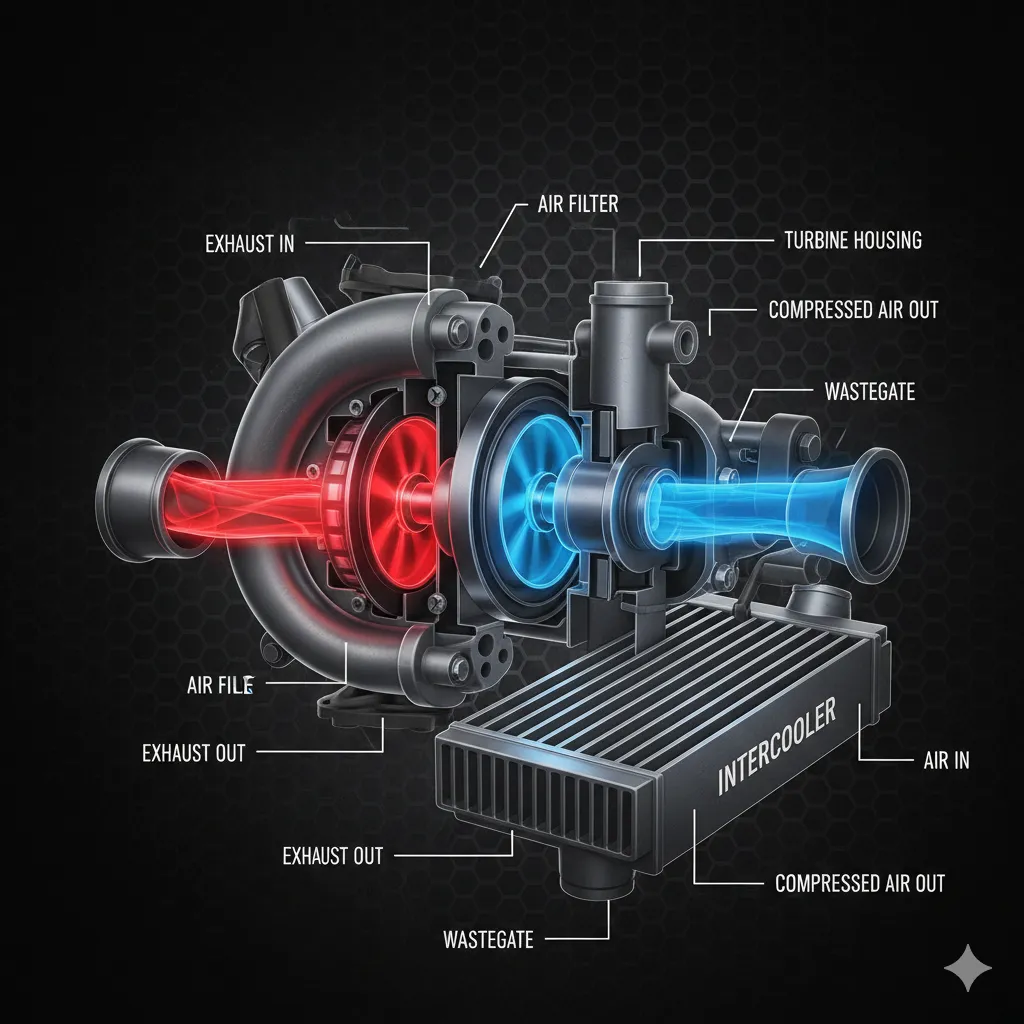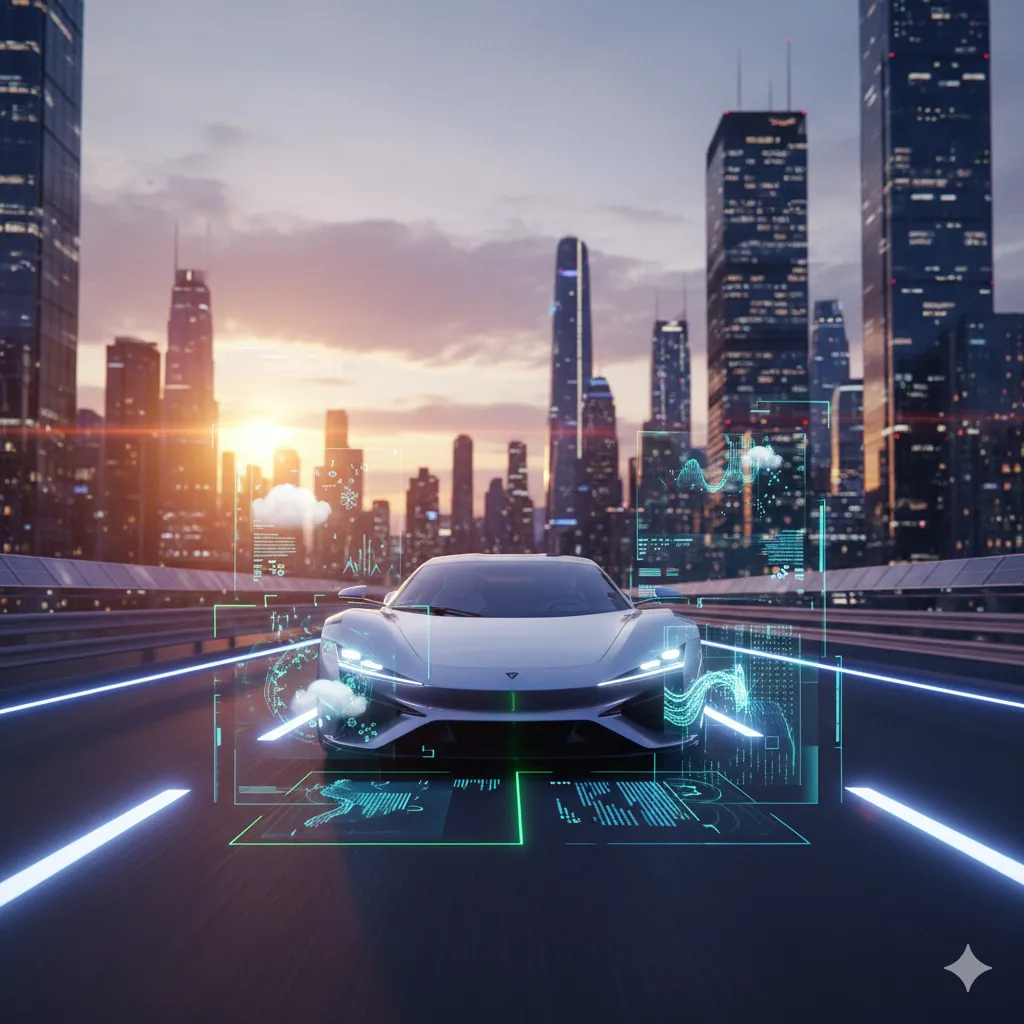
🌟 The Engine Hall of Fame: The Best Car Engines Ever Made
The heart of any truly great vehicle isn't its sleek paint job, luxurious interior, or cutting-edge infotainment system—it's the engine. A phenomenal engine is the perfect blend of engineering precision, raw power, and enduring reliability. It’s what gives a car its character, its reputation, and its place in automotive history.
For decades, engineers have chased the perfect balance, resulting in some of the most iconic pieces of machinery the world has ever seen. But what makes one engine truly the best car engine ever made? Is it the one that lasts half a million miles, the one that screams at 9,000 RPM, or the one that simply changed the world?
This post dives deep into the engine hall of fame, honoring the legendary powerplants that excelled in performance, reliability, or both, solidifying their status as true automotive icons.
What Defines a Truly Great Car Engine?
Before we unveil the legends, we need to understand the criteria. A great engine isn't judged by horsepower alone. The true champions of internal combustion are evaluated on a few key metrics:
-
Reliability & Longevity: The ability to withstand extreme stress and high mileage with minimal mechanical failure. This is often the primary factor for "best car engine" lists.
-
Performance & Tuning Potential: The engine's raw power output, its efficiency (power-to-weight ratio), and its ability to be reliably modified for even more power.
-
Innovation & Historical Impact: Introducing revolutionary technology (like VTEC or variable valve timing), setting new standards, or powering an iconic series of vehicles.
-
Character: The intangible factor—the sound, the throttle response, and the overall driving experience it delivers.
🏆 American Powerhouses: V8 Dominance
The United States has always been the kingdom of the V8, with two families reigning supreme for decades. These engines defined an era of accessible performance and incredible ease of modification.
General Motors LS-Series V8 (Primary Keyword: Best Car Engines Ever Made)
The GM LS engine family is arguably the most versatile and popular V8 engine of the modern era. Launched in the late 1990s as the successor to the original small-block, the LS is a masterclass in simplicity and effectiveness.
-
What Makes it Legendary: Its aluminum construction makes it relatively lightweight, its pushrod design keeps it compact, and its cast-iron block variants (like the LQ4/LQ9) are virtually indestructible. It’s the king of the "engine swap" thanks to its compact size and easy-to-tune ECU.
-
Iconic Vehicles: Chevrolet Corvette, Chevrolet Camaro, Cadillac CTS-V, and virtually thousands of custom-built hot rods.
Chevrolet Small-Block V8 (The Original Icon)
The original small-block, introduced in 1955, is one of the most significant and best car engines ever made for its sheer volume and longevity. Over 100 million units have been produced! It brought the performance and thrill of a V8 to the everyday American family.
-
Key Feature: Simplicity and robust design, making it affordable to manufacture, easy to repair, and endlessly upgradeable.
🇯🇵 Japanese Precision: Bulletproof Reliability and Innovation
Japanese manufacturers earned their reputation by building engines that simply refused to die, often while pioneering high-revving performance technology.
Toyota 1JZ/2JZ-GTE (Secondary Keyword: Most Reliable Engine)
The Toyota 2JZ-GTE, most famously found in the MKIV Toyota Supra, has reached mythical status among enthusiasts. Built during an era when Toyota over-engineered nearly everything, this 3.0-liter inline-six is a benchmark for turbocharged performance and durability.
-
What Makes it Legendary: Its closed-deck block design, six-cylinder inherent smoothness, and famously tough internals mean the 2JZ can handle massive amounts of horsepower (often over 1,000 hp) on factory components. It's truly a contender for the most reliable engine in a performance context.
Honda B-Series and K-Series (The VTEC Revolution)
The Honda B-Series (B16, B18) and its successor, the K-Series, are legendary for bringing race-car technology—Variable Valve Timing and Lift Electronic Control (VTEC)—to the masses.
-
Key Feature: The ability to use two different camshaft profiles, providing excellent fuel economy at low RPMs and a massive, high-revving power surge at high RPMs. These small-displacement engines achieved the incredible feat of producing over 100 horsepower per liter in naturally aspirated form.
Mercedes-Benz OM617 Diesel Engine
If reliability is the only metric, the Mercedes-Benz OM617 (a 3.0-liter 5-cylinder turbodiesel) is almost certainly the winner. These engines powered the iconic W123 and W126 chassis from the 1970s and 80s.
-
What Makes it Legendary: Simple, over-engineered mechanical fuel injection and a cast-iron block that has resulted in countless examples running well past the half-million-mile mark. It is a benchmark for long-lasting car engines.
🇩🇪 German Engineering: Refinement and Speed
German automakers have long been synonymous with high-end performance and impeccable straight-six refinement.
BMW S70/2 V12 (The Pinnacle of Power)
While many BMW engines are fantastic (like the naturally aspirated N52 or the M50 inline-six), the S70/2 deserves a special mention. Though technically a BMW engine, it was built specifically for one car: the legendary McLaren F1.
-
Key Feature: A 6.1-liter naturally aspirated V12 that produced 618 hp without any forced induction, setting a new standard for a road-going car. It remains one of the greatest automotive powerplants for its specific output and unparalleled sound.
The Ferrari/Maserati F140 V12 Family
This family of naturally aspirated V12 engines has powered a dynasty of Ferrari supercars, from the Enzo and LaFerrari to the modern 812 Superfast.
-
What Makes it Legendary: Emotional, high-revving power delivery, and a spine-tingling exhaust note. It represents the ultimate expression of the combustion engine in terms of sheer passion and visceral connection.
❓ FAQs About Legendary Car Engines
H3: What is the most reliable car engine ever produced?
While modern data is constantly changing, historically, the Mercedes-Benz OM617 Diesel and the Toyota 22R/22R-E (found in older Toyota pickups and 4Runners) are considered the most reliable engines. Their simple, low-stress designs and robust construction allow them to regularly exceed 300,000 to 500,000 miles with basic maintenance.
H3: Which engines are best for tuning and high horsepower?
The undisputed champions for tuning are the GM LS-Series V8 and the Toyota 2JZ-GTE. The LS-Series benefits from a massive, affordable aftermarket, while the 2JZ-GTE is legendary for handling extremely high horsepower (often 800-1,000 hp) on its factory internal components due to Toyota's over-engineering.
H3: Are modern turbocharged engines as reliable as older, naturally aspirated engines?
Modern engines are incredibly complex and powerful, often using turbocharging to get "replacement for displacement" power. While they can be reliable, their complexity (direct injection, multiple turbos, etc.) means that when a repair is needed, it tends to be more expensive than an older, naturally aspirated engine like the Honda B-Series or a small-block V8. Reliability in the modern era is highly dependent on strict maintenance schedules.
🏁 Conclusion: The Enduring Legacy of the Internal Combustion Engine
Whether you value the brute force of a long-lasting V8, the surgical precision of a high-revving VTEC four-cylinder, or the sheer longevity of an old-school diesel, the history of the automobile is a testament to incredible engine design. The best car engines ever made are those that transcend mere machinery to become legends. They are the powerplants that defined a brand, changed a culture, and continue to inspire builders and drivers today. As the industry moves toward electric powertrains, we look back at these internal combustion heroes with a deep sense of admiration for the engineering excellence they represent.
External Links:
-
https://www.caranddriver.com (For general automotive authority and news)
-
https://www.sae.org (For Society of Automotive Engineers technical authority)
-
https://www.toyota.com (Authority on 2JZ engineering)




